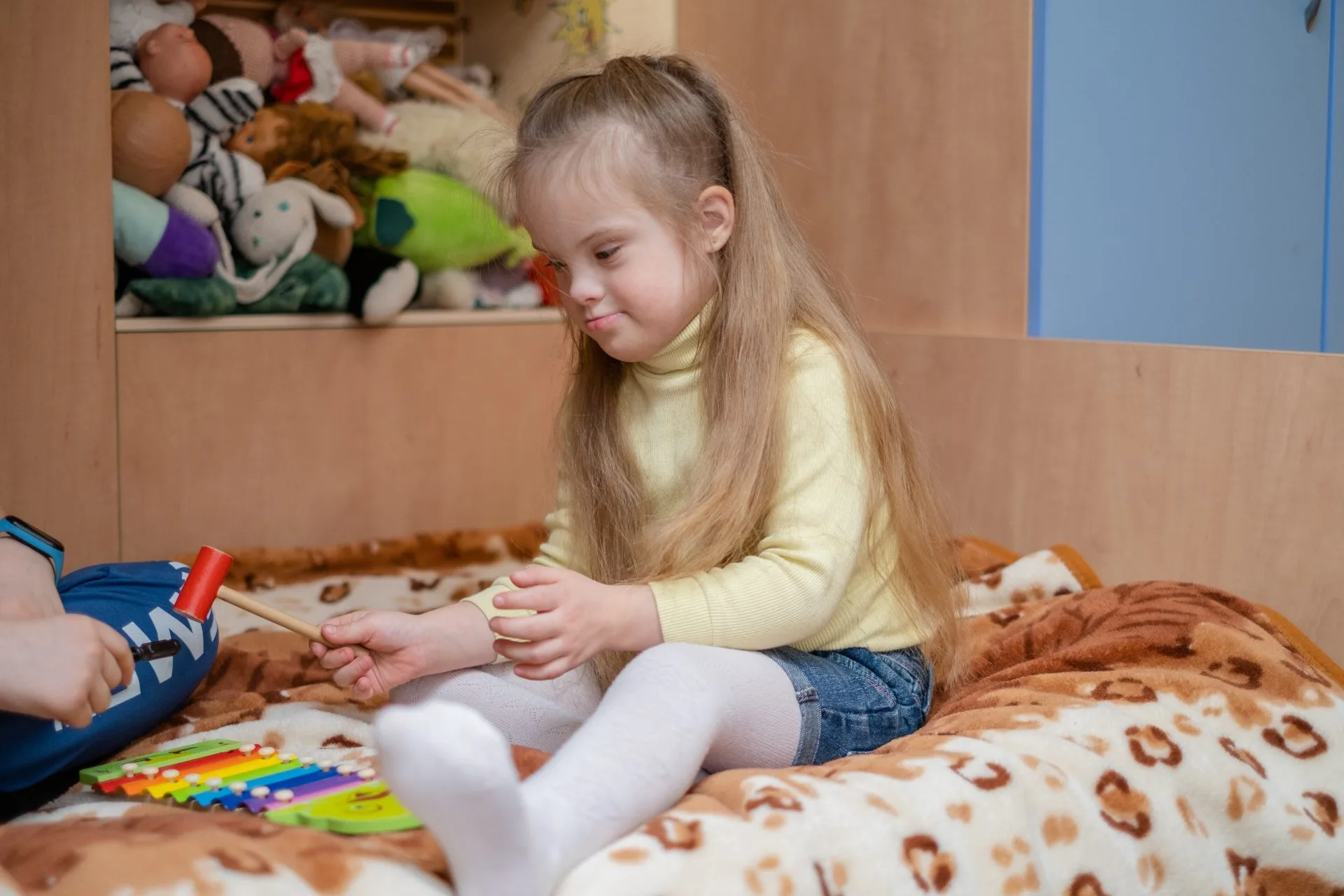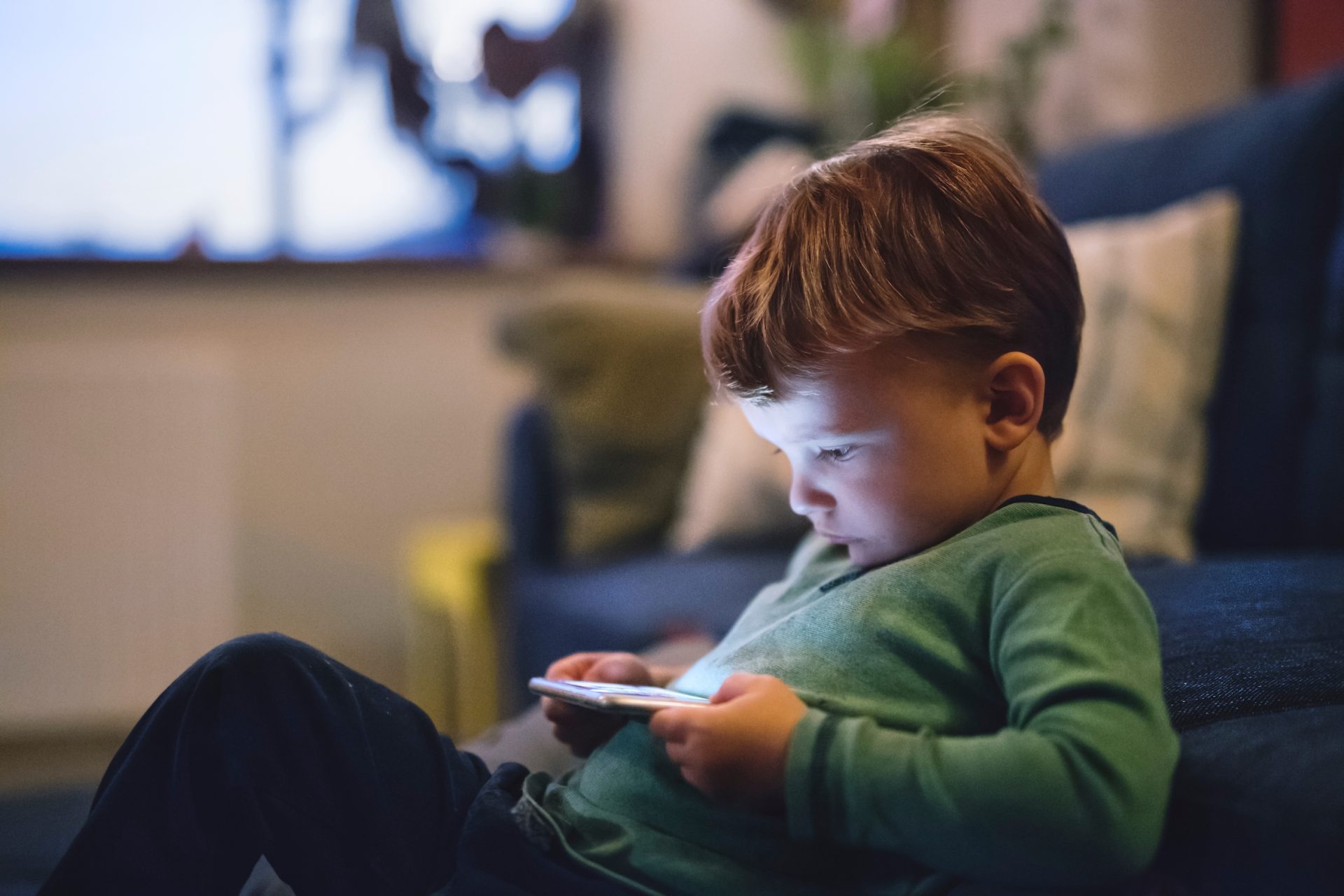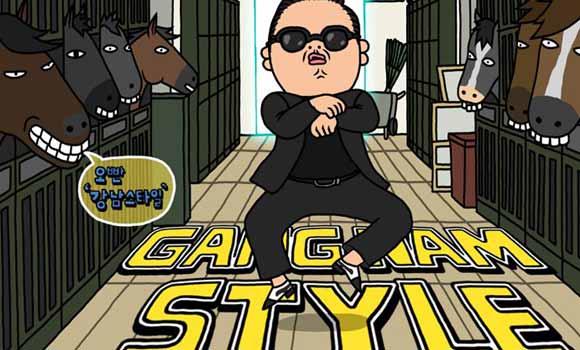Healing Harmonies: The Transformative Power of Music Therapy for Children
Interview with Music Therapist Alice Mazzara Bologna: Exploring how music influences the emotional and mental well-being of children facing the challenges of disability and difficulties
Music is a universal language that connects all human beings. That it is good for the soul and the body, so much so that it is often recommended by doctors as an effective therapy to deal with mental and neurological problems, especially in children and adolescents. In this context, music therapy emerges as a very effective educational and therapeutic tool even with the youngest: children with disabilities, with attention deficit hyperactivity disorder (ADHD), mental retardation, with autism spectrum disorder up to even premature births.
Alice Mazzara Bologna, a music therapist with psychodynamic training, shared with Ocarina her experience and knowledge on how music can positively influence children’s emotional and mental well-being by addressing the challenges they face.
What is the role of music in the treatment and care of children with difficulties? How can music affect their emotional and mental well-being?
Music therapy is based on a technique that assumes that every individual can manifest in a musical way, including through the sound of breath, footsteps or the voice itself.
In particular, music therapy makes use of rhythm, melody and notes by making them tools to foster learning processes, motor skills and, above all, activate verbal and nonverbal communication channels. Even people with severe disabilities can take advantage of music as an alternative communication channel, just as many people, not necessarily disabled, who have difficulty verbalizing their emotional states certainly find benefit in using music to express their emotions and thoughts
I work a lot with children both in individual sessions and through projects in schools. During individual sessions much of my time is spent in playing music together with young patients, using classical instruments such as piano and guitar, but also the Orff instrumentarium, which includes small child-sized instruments such as micro xylophones and micro maracas. Through play-exercises, I promote the reinforcement of logical-mathematical skills and encourage children to express and perceive emotions and moods.
In schools, the goal is inclusion; in fact, it is now undisputed, that music is especially useful for those who have difficulty interacting with the outside world, creating a bridge between all children.
What are the main benefits that children with difficulties can achieve through music therapy?
The goals of music therapy are long-term and include promoting a state of well-being, stimulating relaxation, and fostering contact. Often, however, the results are achieved through music therapy but also through the important work that is done with the team where goals and skills are integrated.
A large part of the work I do with children is based on listening to pieces of music. At the end of each listening, I stimulate the children to say what they felt, what are the main emotions: happiness? Fear? Sadness? However, my role is that of an observer: I observe their movements, even minimal body expressions that occur as they listen to the music. And it is precisely through listening to music that children are able to liberate themselves, dancing, singing, playing, bringing out creativity, hidden sides, emotions and feelings that, younger children, would not or could not express with words.
The choice of songs to listen to involves a lot of research and differs according to places and application areas. I try to come up with different songs and genres than the child already knows.
With children with disabilities I often work in the multisensory room and there I play a lot of ambient or classical music pieces that do not have a bit or a rhythmic overdrive such as Yeha Noha from the Sacred Spirit, a song with a rhythmic hint. In the preventive setting with children without problems I try to use as instrumental pieces as possible, with various genres of music starting from metal, jazz standards, blues, classical music, a bit of everything just to educate and accustom the ear to various genres.
In this case the listening is more playful and involves the whole body, even ending with dancing. For young children I often compose ditties following certain parameters and also passions of the child himself.
How do you involve parents or caregivers in the process of music therapy for children?
The role of parents is crucial, especially in complex situations where children have communication difficulties. At the beginning of the therapy process, parents actively participate; after a period of insertion, the child remains alone with the therapist to feel free to express themselves.
It is very important for me to know the history of the family’s music listening, because usually children are fond of and like such music.
What advice would you give to parents who want to encourage their children to use music as part of their healing or growth journey?
I would advise parents to have a natural and spontaneous approach to music, continuing to sing and listen to music with their children from birth. It is important to stimulate music listening, always respecting children’s tastes and preferences.
READ ALSO: https://www.ocarinaplayer.com/en/thepond-blog/education-children/music-autism-interview/







